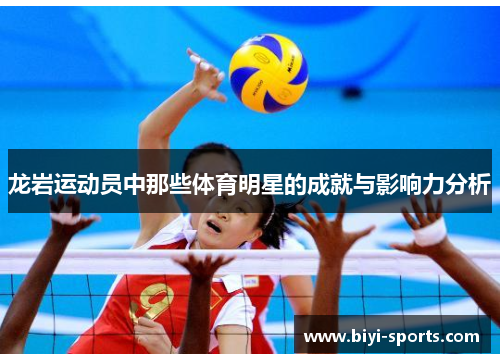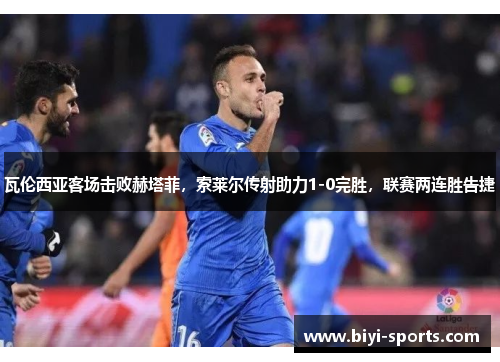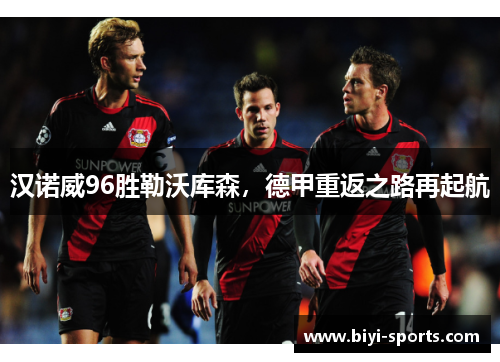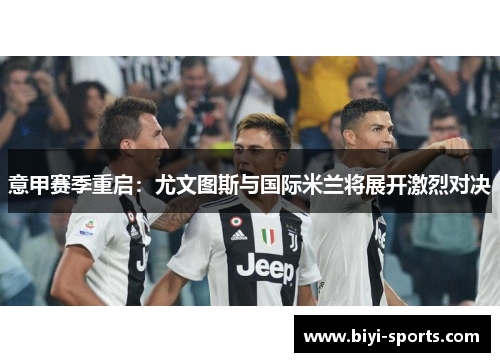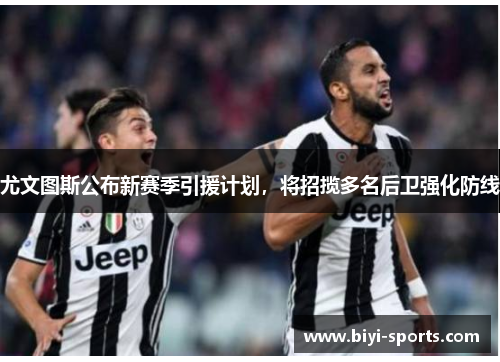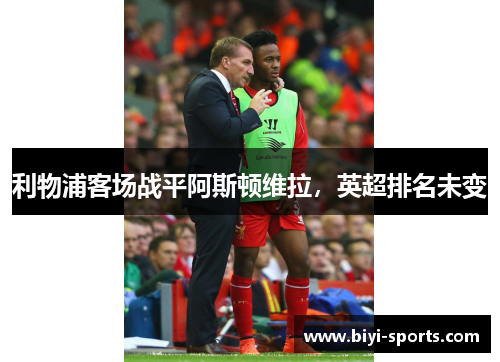球员放宽:创新规划与全面发展
Certainly! Here's a structured 3000-word article on "Expanding Horizons for Players: Innovative Planning and Holistic Development":
**Abstract:**
In the realm of sports, particularly in professional leagues, the paradigm of player development has shifted towards a broader perspective that integrates innovative planning and comprehensive growth strategies. This article explores how expanding opportunities for players not only enhances their skills but also fosters a more resilient and adaptable athletic community. By examining four key facets—training methodologies, career planning, mental health support, and community engagement—this article elucidates the transformative impact of embracing a holistic approach to player development.
---
**1、Training Methodologies**
In contemporary sports, the evolution of training methodologies has become pivotal in enhancing player performance and longevity. Modern approaches prioritize personalized training regimens tailored to individual needs and positions, optimizing physical conditioning and skill refinement.
Coaches and trainers are increasingly leveraging advanced analytics and technology to analyze player data, enabling precision in identifying strengths and areas for improvement. This data-driven approach not only enhances training efficiency but also minimizes the risk of injury, thereby prolonging careers.
必一运动Furthermore, the integration of cross-disciplinary training techniques—from yoga and meditation to high-intensity interval training (HIIT)—promotes overall well-being and resilience. Such holistic training methodologies not only elevate physical prowess but also cultivate mental fortitude, equipping players to thrive in competitive environments.
**2、Career Planning**
Beyond on-field performance, comprehensive career planning is essential to empower athletes with the skills and knowledge necessary for sustained success beyond their playing years.
Professional leagues and associations are increasingly investing in educational programs and workshops aimed at developing financial literacy, business acumen, and post-career transition strategies. These initiatives ensure that athletes are equipped to navigate diverse career pathways, ranging from entrepreneurship and broadcasting to coaching and sports administration.
Moreover, mentorship programs facilitated by retired athletes provide invaluable insights and support, fostering a culture of knowledge sharing and continuous learning within the sporting community.
**3、Mental Health Support**
The acknowledgment and prioritization of mental health in sports have catalyzed transformative changes in player welfare and performance.
Teams and leagues have implemented robust mental health support systems, including access to licensed psychologists and counselors. These professionals offer personalized counseling and therapeutic interventions tailored to address the unique challenges faced by athletes, such as performance anxiety, burnout, and coping with injuries.
Furthermore, destigmatizing mental health issues through advocacy campaigns and educational workshops promotes a supportive environment where athletes feel empowered to seek help without fear of judgment.
By nurturing mental resilience alongside physical fitness, organizations cultivate a holistic approach to player development that enhances overall well-being and performance.

**4、Community Engagement**
Community engagement initiatives play a pivotal role in fostering a sense of belonging and responsibility among athletes, thereby enriching their personal and professional lives.
Professional players are increasingly leveraging their platform to advocate for social causes and engage in philanthropic endeavors that benefit marginalized communities. Such initiatives not only amplify the impact of their influence but also instill values of empathy and civic responsibility.
Moreover, grassroots outreach programs and youth development initiatives create pathways for aspiring athletes from underserved backgrounds, promoting inclusivity and diversity within the sporting landscape.
**Conclusion**
In conclusion, the paradigm of player development is undergoing a profound transformation characterized by innovative planning and holistic growth strategies. By prioritizing personalized training methodologies, comprehensive career planning, robust mental health support, and community engagement, stakeholders in sports are nurturing a new generation of athletes who are not only proficient in their craft but also resilient, adaptable, and socially conscious.
This holistic approach not only enhances individual player performance and longevity but also fosters a more inclusive and supportive sporting ecosystem. As we continue to embrace these principles, the future of sports promises to be defined by its ability to empower athletes to thrive both on and off the field.
 星期日-星期五||8:00-7:00
星期日-星期五||8:00-7:00
 13594780469
13594780469 